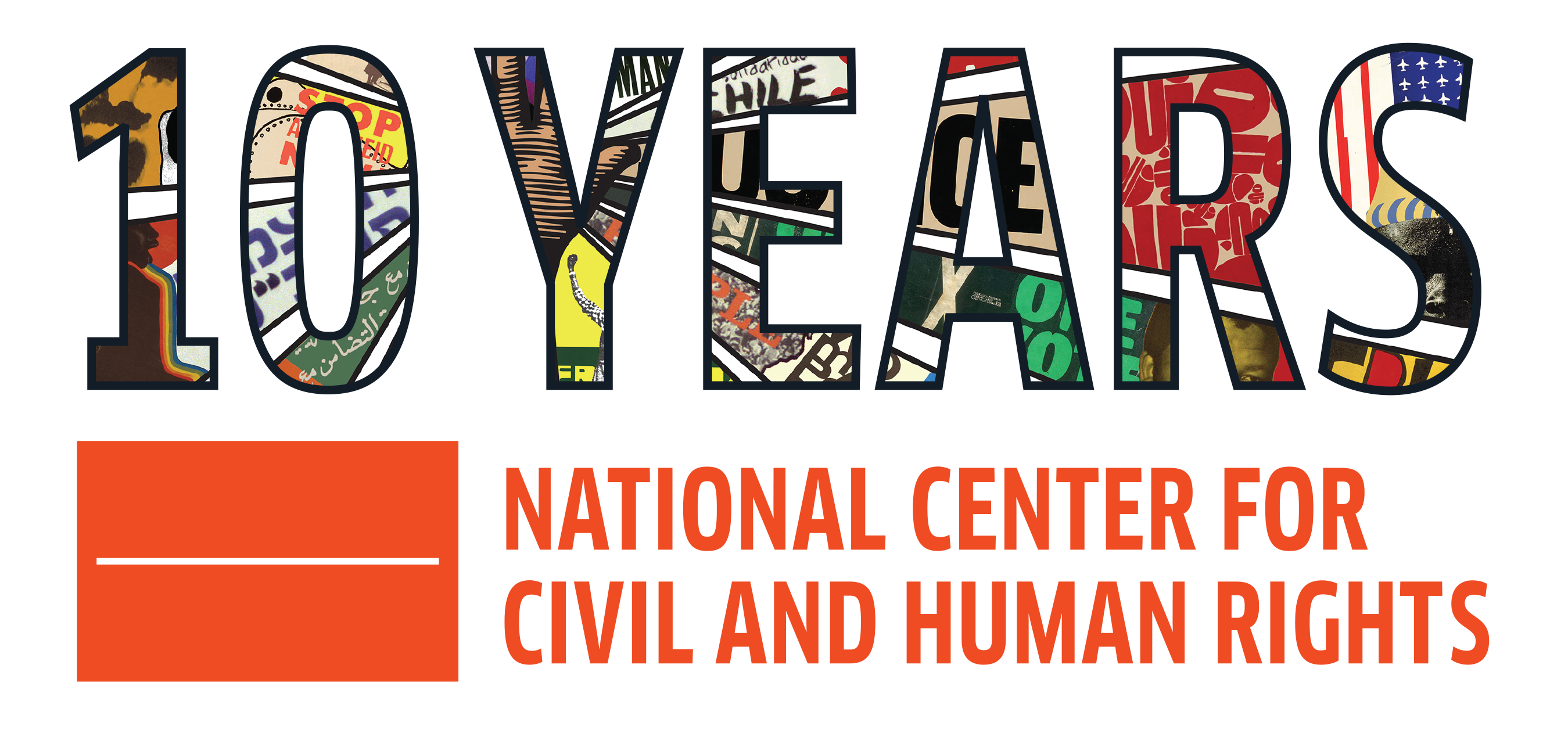DISABILITY RIGHTS
A generation ago, many people with disabilities were locked away in institutions, thought to be “unfit for citizenship” or burdens on society. Children with disabilities could not attend regular schools, not only because schools were inaccessible, but because there was an assumption that children with disabilities should be segregated.
In response, and based on similar strategies of the civil and women’s rights movements, the disability rights movement formed in the 1970s to advocate for the rights of people with disabilities under the rallying call “Nothing about us without us!”
In 1990, the disability rights movement secured a major victory -- the Americans with Disabilities Act (ADA). This landmark legislation required all sectors of society to remove barriers that prevent disabled people from full participation in American life. In 1999, the movement took Georgia's Olmstead case to the Supreme Court, which ruled that disabled people must be able to live in the “most integrated setting” possible in their communities.
While many people with disabilities are succeeding in all aspects of American life, negative attitudes persist. Disabled people still experience bullying and stereotyping. The long-term care system forces people with disabilities to live in nursing homes and other institutions instead of their own homes. Efforts to promote the dignity, potential, and equality of all people continue.
Around the world, people with disabilities have modeled their own domestic legislation on the ADA, joining with advocates in the United States to create an international movement, including an international treaty -- the Convention on the Rights of Persons with Disabilities -- which sets a single standard for the rights of disabled people globally.

